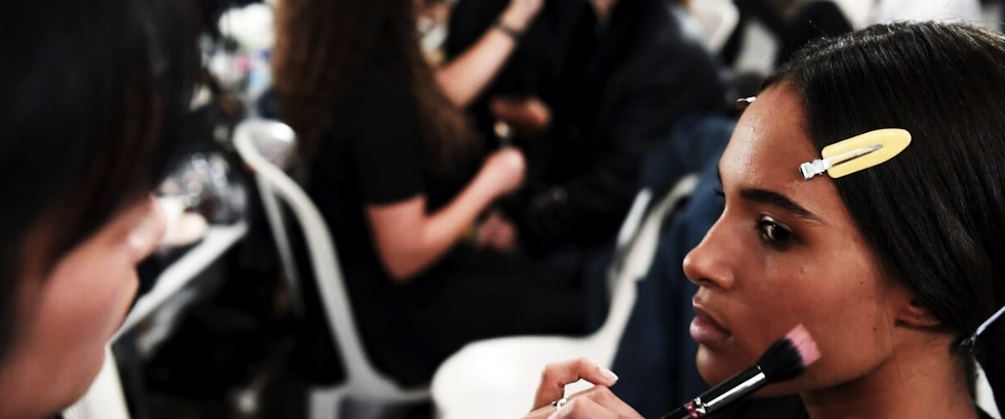Makeup has long been celebrated as a form of self-expression and a tool for enhancing physical appearance. However, as with many aspects of our lives, the use of makeup can also be influenced by mental health challenges.
Potential Downsides: Makeup Dependency and Coping Mechanism
While makeup can be a source of empowerment and creativity for many, it is essential to recognize that excessive reliance on it may lead to dependency or serve as a coping mechanism for underlying emotional issues. Some individuals may feel compelled to wear makeup at all times, fearing judgment or a perceived loss of identity without it. In extreme cases, this dependency can contribute to a negative self-image and erode self-esteem, reinforcing the need for constant external validation.
Using makeup as a coping mechanism is another potential downside. Some individuals may turn to makeup as a way to mask or distract from emotional pain, using it to create a façade of confidence or normalcy. While makeup can be a valuable tool for self-expression, using it as a sole coping mechanism may hinder the development of healthier coping strategies for managing mental health challenges.
Impact of Mental Health Conditions on Makeup Use
Mental health conditions such as anxiety and depression can significantly influence one’s relationship with makeup. For some, applying makeup may provide a therapeutic routine or a brief escape from the challenges of daily life. On the other hand, individuals dealing with mental health issues may struggle to find the motivation or energy to engage in self-care activities, including applying makeup.

Strategies for Navigating the Relationship with Makeup
Mindful Awareness
Developing mindfulness around makeup use involves recognizing when the desire to wear makeup stems from a genuine enjoyment of the process versus when it becomes a means of escape or validation. Mindful awareness can help individuals identify unhealthy patterns and make informed choices.
Seeking Professional Support
Individuals struggling with mental health challenges may benefit from seeking support from mental health professionals. Therapists can help explore the underlying reasons for makeup dependency or its use as a coping mechanism and provide guidance on developing healthier coping strategies.
Creating a Balanced Routine
Establishing a balanced self-care routine that includes mental health practices and grooming rituals can be beneficial. This involves finding a middle ground between using makeup as an expression and understanding that true self-worth extends beyond physical appearance.

